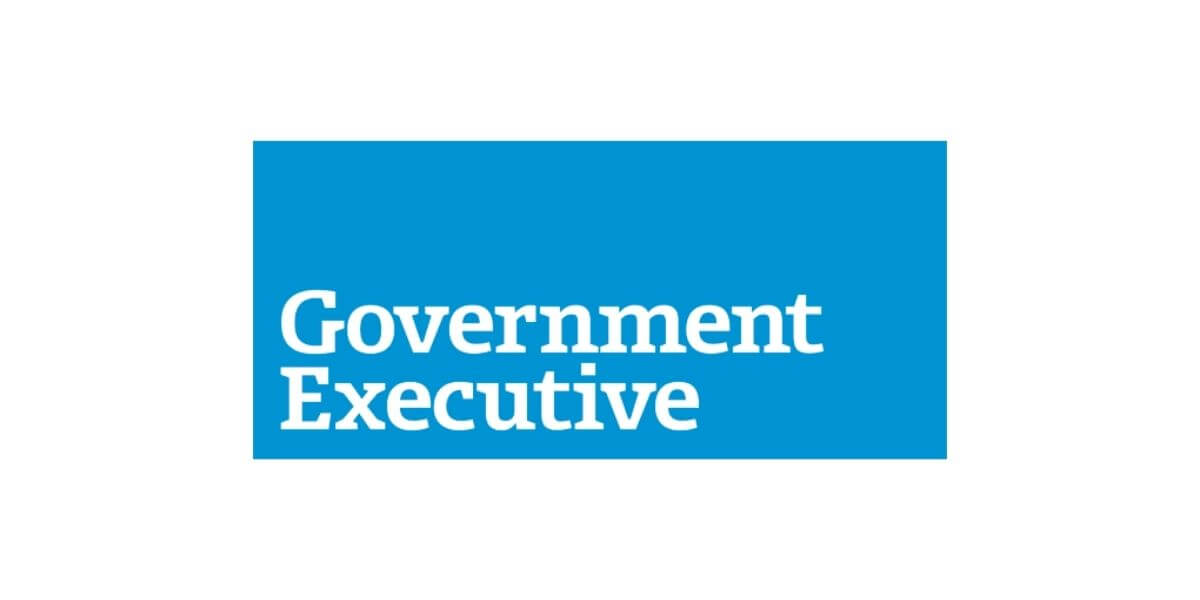The skinny on bottom wages
![]() New legislation went into effect at the end of last year raising the minimum wage for employees across New York state. While the increase has been universal statewide, the amount differs depending on region and company size. Minimum wage workers employed by large businesses in New York City will be the highest paid in the world by the end of 2018 when the minimum wage rises to $15 per hour. While the rate at which minimum wage will increase to $15 for those employed outside of the city will take place over a longer period of time, employers are still concerned about the impact that the increase will have on their ability to make a profit.
New legislation went into effect at the end of last year raising the minimum wage for employees across New York state. While the increase has been universal statewide, the amount differs depending on region and company size. Minimum wage workers employed by large businesses in New York City will be the highest paid in the world by the end of 2018 when the minimum wage rises to $15 per hour. While the rate at which minimum wage will increase to $15 for those employed outside of the city will take place over a longer period of time, employers are still concerned about the impact that the increase will have on their ability to make a profit.
New legislation went into effect at the end of last year raising the minimum wage for employees across New York state. While the increase has been universal statewide, the amount differs depending on region and company size. Minimum wage workers employed by large businesses in New York City will be the highest paid in the world by the end of 2018 when the minimum wage rises to $15 per hour. While the rate at which minimum wage will increase to $15 for those employed outside of the city will take place over a longer period of time, employers are still concerned about the impact that the increase will have on their ability to make a profit.
additional $.70 per hour in their paychecks, with another $.70 to be added every Dec. 31 until 2020, after which it will continue to increase to $15 on an indexed schedule to be set by the Director of the Division of Budget in consultation with the state Department of Labor (DOL). (Fast food employers are on a different schedule; a minimum statewide wage of $15 will be required by July 21, 2021.)
“I would not be surprised in the least if employees were not following this,” said Michael W. Macomber, Esq., an employment law attorney with Tully Rinckey PLLC. “If you are sitting at home worrying about putting food on the table and taking care of your family, you may not be tracking all of these changes that are taking place in the law. We’ve got a lot of things going on right now.”
Making sure everyone — employers and employees alike — are aware of the changes, and the schedule by which they’ll occur, is important right now, explained Macomber, not only so employees are able to act if their wages do not increase, but also so employers are able to successfully navigate the changes and avoid incurring penalties, which could be significant.
While, for many local employers, the increase merely meant they needed to make a call or send an email to be in compliance, for others, there are a number of factors to consider, particularly for employers who hire tipped employees (such as the hospitality industry) and those who pay their employees a lot of overtime.
“There are exemptions for certain types of workers when it comes to overtime,” said Macomber. “And they’re very, very narrowly tailored. But there are a lot out there.” Macomber said employees who are unsure where they stand could benefit by consulting a lawyer such as himself. “Just because your employer calls you a temp doesn’t necessarily mean that you are,” he said. “What we’re really talking about are what job duties you are performing.”
Macomber says that, rather than causing employers to reduce their workforce, the new wage hikes could potentially cause them to hire more rather than pay existing employees the increased overtime wages. “I think [these exemptions are] going to be a hot topic for employers,” he said, “ who are going to try and find ways to either classify employees as exempt, if they can, or reduce the number of overtime hours.”
Regarding the hospitality industry, Macomber explained, “there’s a whole slew of special provisions that apply, because that’s where some of the biggest problems do happen,” when it comes to things such as tip deductions taken by employers or what to do if a tipped employee is still earning under the state minimum. Factoring in a host of special regulations, he said, could make the transition more complex. Due to this, he added, DOL is likely to keep the industry at the top of its watchdog list.
Hospitality, due to low profit margins and high labor costs, is also expected to be the most affected by the required increases. At the beginning of last year, minimum wage for tipped employees increased by 50 percent — from $5 to $7.50 an hour. Raising minimum wages for kitchen and support staff, including overtime cost, means that many restaurants have faced considerable increases overhead costs in just the last year.
“That was painful,” said Sylvia Lilly, owner of Lark + Lily Wine Bar and Kitchen on Lark St. in Albany. Lilly, who still holds a full time job as the librarian at Bethlehem Central Middle School, said that she was able to absorb the additional cost without raising prices for her customers like other employers. “It doesn’t seem sustainable,” she said, thankful for another source of income. “Fortunately, we’re pretty small-scale, but I imagine it’s going to be a real challenge for some of the places that have huge payrolls. There is very little margin here for profit.”
While local employers, for the most part, say they appreciate the additional time they’ve been given to come into compliance with the new wage plan, they still have concerns regarding inflation, the federal minimum wage and hidden costs.
“When I hear the ‘Fight for $15,’ ” said Joe Bonilla, who owns two local small businesses and, as co-founder of media relations company Relentless Awareness, represents more than a dozen others, “what I really hear is the ‘Fight for $18 or $20.’ ” He said that he believes there is a lack of information regarding the “true cost” of the wage increase to employers. “If the wage is $10,” he explained, “the true cost to the employer, when you add taxes and insurance, is closer to $13 or $14 an hour.”
Bonilla said he would like to see the state and federal government provide incentives to smaller businesses to help them reach their wage goals. “Wages will increase,” he said, “but so will other things — the cost of product, the cost of rents and other ancillary details. So, it can’t be done in a vacuum. We can’t arbitrarily decide to just say we’ll raise the wage to $15 an hour. It should be done so that we’re moving at the rate of the economy.”
As the federal government has incentive programs for small business and the like, Bonilla would like to see the raises reflect the national minimum wage so that New Yorkers would be more likely to be able to utilize them. Aside from the different timelines for businesses outside of New York City, he said that the state has provided little else by way of relief to specifically address the transition for struggling companies.
“At the end of the day,” said Bonilla, pointing out that he already pays all of his employees above the minimum wage, “we all want our employees to succeed. We want them to feel good about the wage they’re earning and obviously it’s a balance.” For those employers who were already paying the minimum wage now required by the state, they will need to readjust the earnings for more than just their minimum wage employees to retain higher wage workers. “You’ll obviously need to move everybody up to maintain that incentive.”
Lilly agreed. While she only has one employee currently making minimum wage, she has another who has held the same position longer and was taken on more duties. “He has to continue being rewarded for the additional work that he does,” she said, “so now they both get a bump up even though one was already making more than the minimum wage.”
Not every local business owner feels the same trepidation. John Curtin, co-owner and founder of Albany Distilling Company, said that he already pays his employees more than the minimum wage but supports the statewide raise. In fact, he would even like to see a more rapid increase.
“I don’t feel like the minimum wage is anywhere close to a living wage,” he said. “I wouldn’t feel comfortable asking someone to work for less than they can afford to live on. If someone is trading their time to help you grow your business, the least you can do is provide them a reasonable living.”
Curtin said that he feels the raise to $9.70 in the region is insufficient, “But it’s better than nothing.” He acknowledged the impact that is being felt by employers, but said he doubted the impact is untenable and that those most affected were likely able to afford the increase. He said most of those in the growing craft beverage industry seem to feel as he does. “We already pay our employees above the minimum wage.”


